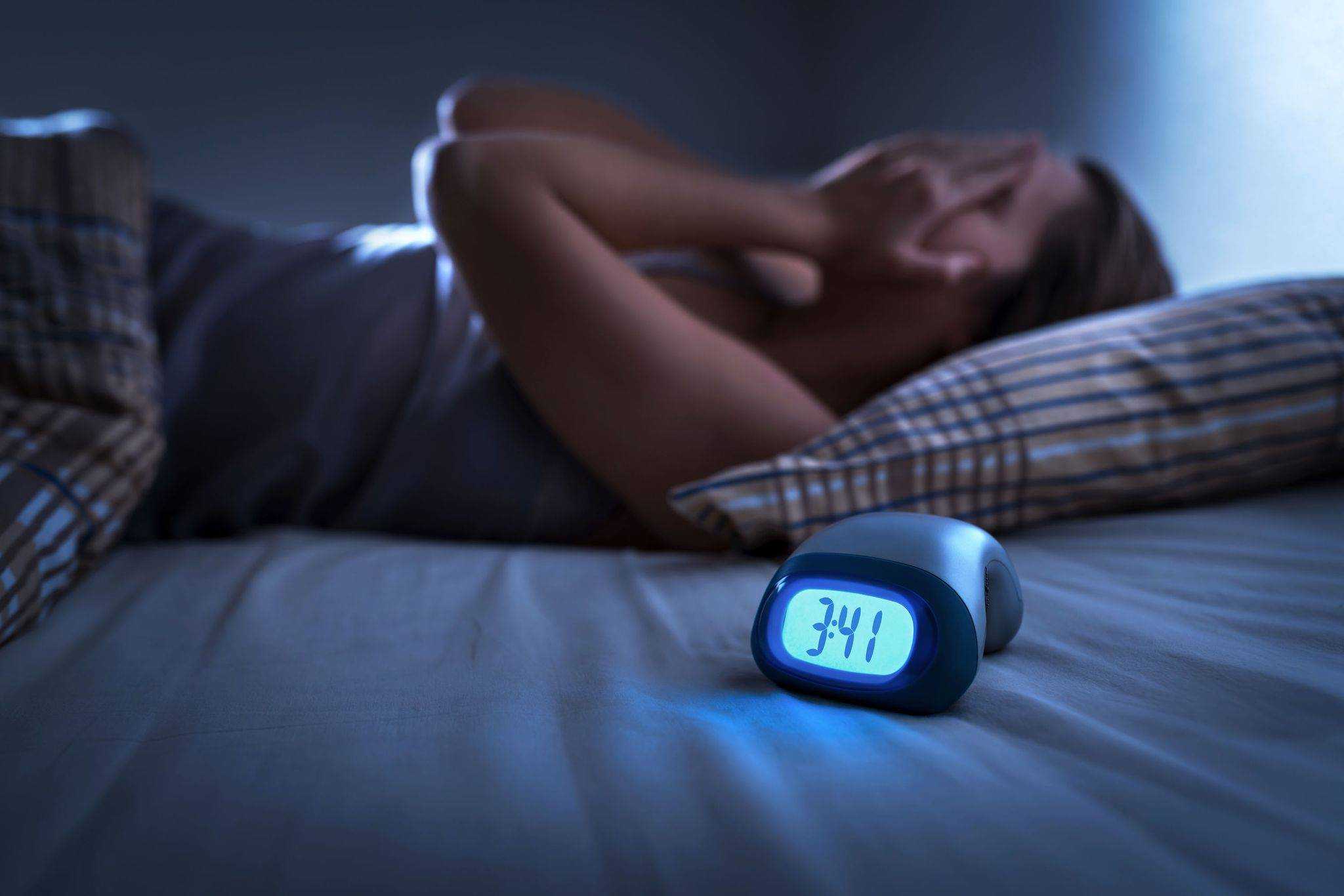Introduction
Is a good night’s sleep a distant dream for you? Do you find it hard to get to sleep spending several hours tossing in the bed? Do you wake up within a few hours of going to bed? If you said yes to any one of these questions, then there is a probability that you might be suffering from insomnia. Let’s find out how to know if you have insomnia, how to diagnose it, and some ways you can get better sleep.
Understanding Insomnia
Insomnia is a type of sleep disorder that may include:
- Difficulty falling asleep
- Difficulty staying asleep throughout the night
- Waking up too early in the morning
Types of Insomnia
Insomnia is categorized into two types: Acute Insomnia – which lasts from 1 night to a few weeks, and Chronic Insomnia – which can extend to 3 nights a week for 3 months or more. And it seems like the entire world is battling this problem.
Recent Insomnia Statistics
In a recent study, it was found that while back in 1942 the average sleep time for a person was 8 hours. Consider this – in today’s day & age all 48 countries where the survey was conducted didn’t have anyone hitting that target.
In fact, according to Dreams.co.uk, India seemed sleepless with just 6.20 hours of average sleep time – the fourth lowest sleep time in the world. Moreover, ScientificAmerican.com says 20% of teenagers get less than 5 hours of sleep, which is lower than the 6.5 hour national average in America. Another study by University of Pennsylvania showed that 30% of Americans have symptoms of insomnia.
Symptoms of Insomnia
Well, everyone has had the occasional night of poor sleep. In many cases, this is due to staying up too late or waking up too early. This does not mean you have insomnia; it just means you didn’t get enough sleep. Doctors recommend sleeping at least 8-10 hours every night. But getting these many hours of sleep has become a luxury these days. So how to find out if you have Insomnia?
The main symptom of insomnia is trouble falling or staying asleep, which leads to lack of sleep. If you have insomnia, you may:
- Lie awake for a long time before you fall asleep
- Sleep for only short periods
- Be awake for much of the night
- Feel as if you haven’t slept at all
- Wake up too early and are unable to go back to sleep
- Wake up feeling tired or not well-rested, and you may feel tired during the day.
- Insomnia can cause you to feel anxious, depressed, or irritable
Insomnia also can affect your daily activities and cause serious problems. For example, you may feel drowsy while driving. In fact, driver sleepiness (not related to alcohol) is responsible for almost 20% of all serious car crash injuries. Research also shows that insomnia puts older women at risk of falling ill.
A 2010 review by University of Rochester researchers found that people who persistently get less sleep are more likely to be in traffic accidents, have higher rates of missed work days, are less satisfied with their jobs and are more likely to get easily irritated.
Insomnia Risk Factors
As many as 30 to 35% of adults complain of insomnia. It is more common in groups such as older adults, women, people under stress and people with certain medical and mental health problems, such as depression.
According to the National Heart, Lung, and Blood Institute (NHLBI) people with certain risk factors are more likely to develop insomnia. These risk factors include:
- Life stressors including your job, relationships, or financial difficulties
- Emotional disorders, such as depression or distress related to a life event
- Lower income
- Traveling to different time zones
- Changes in work hours or working night shifts
- Unhealthy lifestyle and sleep habits (e.g. oversleeping)
- Anxiety disorders, depression, eating disorders and/or other mental health problems.
- Chronic diseases like cancer
- Chronic pain due to arthritis, Fibromyalgia or other conditions
- Gastrointestinal disorders, such as heartburn
- Hormonal fluctuations due to menstruation, menopause, thyroid disease or other issues
- Medications and other substance use
- Neurological disorders such as Alzheimer’s disease or Parkinson’s disease
- Other sleep disorders, such as sleep apnea and restless legs syndrome
Tips for Healthy Sleep at Night

- Make your bedroom environment comfortable to fall asleep
- Regular exercising at the right time can help you get that sound sleep at night
- If you are unable to sleep, change the seating area and do an activity that relaxes the mind, like listening to bedtime stories or reading or petting you dog or cat
- Ensure that you have at least half an hour of ‘no screen time’ before going to bed
- A warm bath before the bed could help the body relax too
- Calming aromas or apps with guided meditation could help you calm down as well
Everyone has some nights of disturbed sleep, but when the sleep pattern becomes an awake pattern, it is a cause of worry. A night of good sleep ensures an active day and good physical as well as mental health. Thus, if you are facing any trouble sleeping try the above tips for better sleep or you can also visit our all-in-one mental wellness app and use our sleep meditation for a good night’s sleep.
Best Therapy for Insomnia Treatment
Although self-care is the way to go for treating insomnia, Cognitive Behavioral Therapy has been proven to work wonders for curing insomnia. If you are unable to treat insomnia by yourself or feel you need professional guidance, book an insomnia counseling or therapy session with a licensed counselor today.











